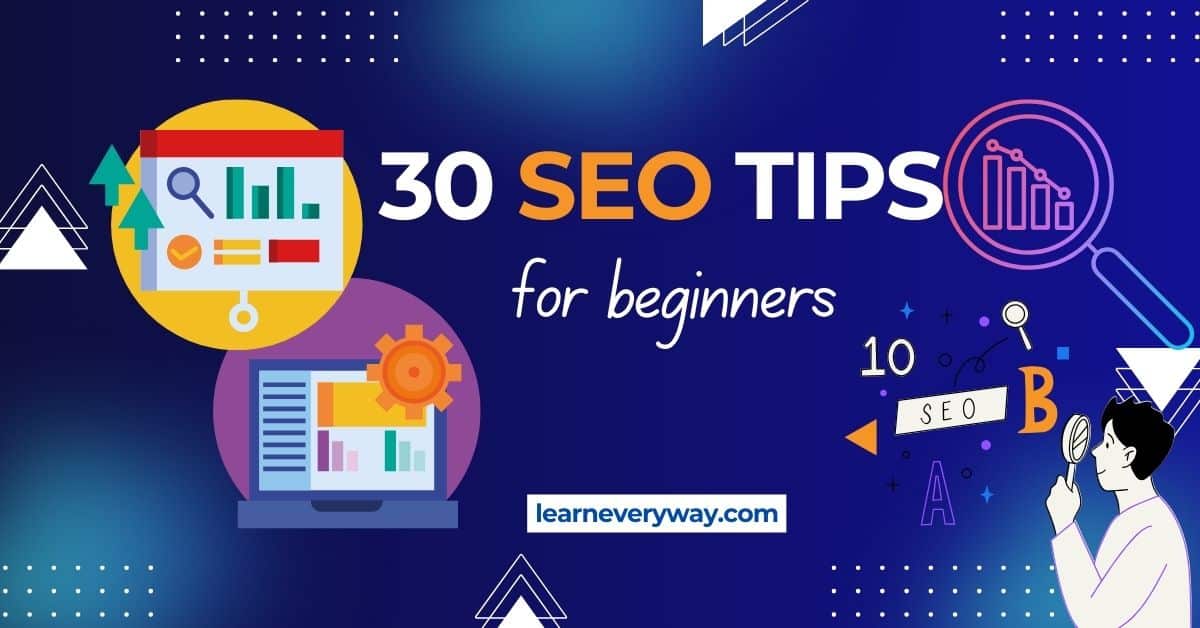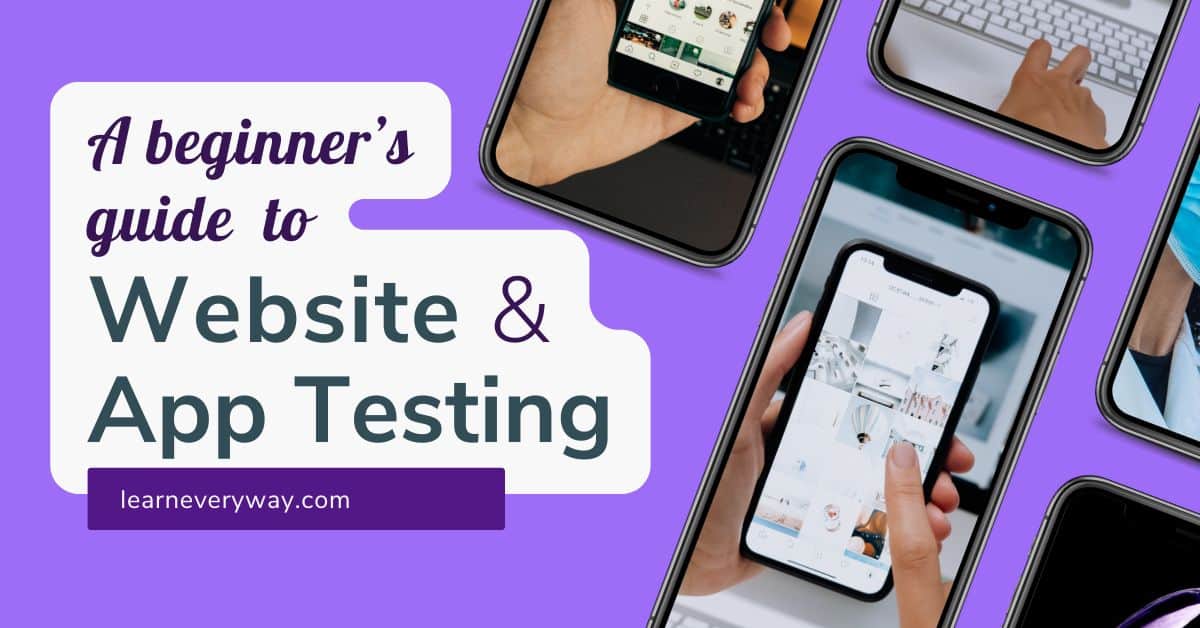Some of the links in this article are affiliate links, which means I may earn a small commission if you sign up or make a purchase through them, at no additional cost to you. Please note that my opinions and experiences are based on my own research and use of the platforms. I only recommend products and services that I believe will be valuable to my readers. Thank you for supporting my work!
Affiliate marketing is one of the most popular ways to make money online. If you’re new to affiliate marketing, you might feel overwhelmed. But don’t worry – this Affiliate marketing guide will explain everything in simple terms. Whether you’re looking for affiliate marketing tips for beginners, or you want to learn how to pick the best affiliate marketing platforms to get started, this article has you covered.
I’ll walk you through the basics of affiliate marketing, share some best affiliate marketing networks, and give you actionable steps to begin earning. By the end of this guide, you’ll know everything you need to dive into the affiliate marketing world. Let’s get started!
What is Affiliate Marketing and How Does it Work?
Affiliate marketing is when you promote someone else’s product and earn a commission when someone buys it through your referral link. It sounds simple, right? Well, it is! But to succeed, you need to understand how affiliate marketing works and how to choose the right products to promote.
In affiliate marketing, there are three key players:
- The Merchant – This is the company or person who owns the product or service.
- The Affiliate – That’s you! You promote the product and earn a commission for each sale.
- The Customer – This is the person who buys the product after clicking your affiliate link.
The key to success in affiliate marketing for beginners is finding the right affiliate programs and understanding how to market them to your audience. You don’t need to be an expert, but a little knowledge can go a long way.
Getting Started with Affiliate Marketing: Finding the Best Affiliate Programs
When starting out in affiliate marketing, choosing the best affiliate marketing programs is crucial. You want programs that are easy to use, offer good commissions, and are relevant to your audience. Some platforms will offer a variety of products to promote, while others focus on specific niches.
Here are some of the top platforms where you can find affiliate marketing programs:
- Amazon Associates – Amazon is one of the most popular affiliate programs. You can promote almost anything, from books to electronics. The commission isn’t huge, but the volume of sales makes up for it.
- ClickBank – ClickBank is a platform with a wide range of digital products. The commissions can be high, but make sure the product aligns with your audience’s interests.
- ShareASale – This is a popular platform with lots of merchants in different niches. You can find both physical products and digital services to promote.
- CJ Affiliate – CJ Affiliate (formerly Commission Junction) is known for high-quality merchants and higher commissions. It’s perfect for more experienced affiliates.
Once you’ve signed up for these platforms, it’s time to start promoting products. I recommend focusing on products that you genuinely believe in and that your audience will find valuable.
How to Choose Affiliate Products: Niche and Audience Matters
When it comes to affiliate marketing, choosing the right product is key. It’s tempting to promote anything that offers a high commission, but that’s not always the best approach. If the product doesn’t align with your audience’s interests or needs, it’s going to be hard to make sales.
A good strategy is to pick affiliate products for a specific niche. For example, if you’re in the health and wellness niche, promoting fitness equipment or healthy meal plans would make more sense than promoting electronics.
Some tips for picking the right affiliate products:
- Know Your Audience – Understand what your audience is interested in, and choose products that match their needs.
- Quality Over Quantity – It’s better to promote a few high-quality products than to scatter your promotions across many low-quality ones.
- Test and Review Products – If possible, try the product yourself. You’ll be able to give an honest review and build trust with your audience.
Creating Content that Converts: Affiliate Marketing Content Strategy
Once you’ve chosen your products, the next step is to create content that will drive traffic and sales. You’ll need a content strategy that’s designed to attract potential buyers. Content marketing plays a huge role in affiliate marketing.
Here are a few ways to create content that works:
- Write Product Reviews – Product reviews are a great way to promote affiliate products. In your review, be honest and share both pros and cons. This builds trust with your audience.
- How-to Guides – People love helpful, informative content. Create how-to guides that show your audience how to use the products you’re promoting.
- Comparison Posts – Comparing products is a great way to help your audience make decisions. List the features, pros, and cons, and include affiliate links to both products.
- Case Studies – Share real-life examples of how a product has benefited you or someone else. This can be very persuasive.
Remember to always add your affiliate links naturally within the content. Don’t make it feel like an ad—your audience should find the information valuable.
SEO Tips for Affiliate Marketers: Drive Organic Traffic
Search Engine Optimization (SEO) is key to getting free traffic to your affiliate marketing website or blog. If you want to rank on Google, you need to make sure your content is optimized for search engines.
Here are a few SEO tips to keep in mind:
- Target Long-Tail Keywords – These are specific phrases that people search for. For example, instead of just “affiliate marketing,” you could target “best affiliate marketing programs for beginners.” Long-tail keywords have less competition, making them easier to rank for.
- Optimize On-Page SEO – Make sure your title, meta description, and headings include your target keywords. Also, use keywords naturally in your content.
- Build Backlinks – Backlinks are links from other websites that point to yours. These are important for SEO, so try to get your content shared on other blogs, forums, or social media.
- Create High-Quality Content – Google rewards websites with high-quality, informative, and user-friendly content. Focus on providing value, and the traffic will follow.
Using Social Media to Promote Affiliate Products
Social media is another great way to promote your affiliate links. Platforms like Instagram, Facebook, Twitter, and Pinterest can help you reach a larger audience and increase conversions.
Here are some ways to use social media in your affiliate marketing strategy:
- Share Affiliate Links in Posts – Post about the products you’re promoting. Share your experience with them and include your affiliate links.
- Use Stories and Reels – On Instagram and Facebook, you can use stories or reels to showcase products in a fun and engaging way.
- Join Affiliate Marketing Groups – Many Facebook groups and forums are dedicated to affiliate marketing. Join these communities to get tips and build relationships with others in the industry.
Tracking Affiliate Marketing Performance: Know What Works
Tracking is essential in affiliate marketing. You need to know what’s working and what’s not, so you can adjust your strategy accordingly. Most affiliate marketing platforms offer built-in analytics tools to help you track clicks, conversions, and commissions.
Here’s how you can use tracking to your advantage:
- Track Conversions – See which affiliate links are generating sales and focus more on those.
- Test Different Strategies – Try different types of content, marketing strategies, or platforms. Test what works best and optimize from there.
- Use UTM Parameters – If you’re running paid ads, use UTM parameters to track which ad is performing the best.
Resources for Affiliate Marketers: Tools and Platforms to Use
There are plenty of tools and platforms available to help you succeed in affiliate marketing. From affiliate programs to tracking software, you’ll need to use a few resources to make your affiliate marketing journey easier.
Here are some must-have tools:
- Google Analytics – For tracking traffic and performance.
- SEMrush or Ahrefs – To help with keyword research and SEO analysis.
- ThirstyAffiliates – A link management tool that helps you organize and cloak your affiliate links.
- Canva – To create beautiful graphics and images for your blog or social media.
Conclusion: Start Your Affiliate Marketing Journey Today!
Affiliate marketing is an amazing way to earn money online, and with the right strategy, it can turn into a long-term income source. Whether you’re starting with Amazon’s affiliate program or exploring niche platforms like ClickBank, the possibilities are endless.
Take one step at a time. Start by choosing the right affiliate programs, create engaging content, optimize your SEO, and track your results. Don’t forget to promote your affiliate links naturally and build a relationship with your audience.
If you want to dive deeper into each of these topics, you can check out individual blogs focusing on platforms, SEO strategies, content creation tips, and more. With patience and consistency, you’ll be on your way to becoming a successful affiliate marketer!
Frequently Asked Questions (FAQs)
What is Affiliate Marketing?
Affiliate marketing is a way to earn money by promoting other people’s products or services. You receive a commission whenever someone makes a purchase through your unique referral link.
How Can I Start Affiliate Marketing?
To start affiliate marketing, follow these steps:
- Choose a niche you’re passionate about.
- Sign up for an affiliate program like Amazon Associates, ClickBank, or ShareASale.
- Create helpful content, such as blog posts, reviews, or how-to guides, to promote the products.
What Are the Best Affiliate Programs for Beginners?
Some great affiliate programs for beginners include:
- Amazon Associates – Ideal for promoting a wide variety of products.
- ClickBank – Best for digital products with higher commissions.
- ShareASale – Offers many merchants across various niches.
Do I Need a Website for Affiliate Marketing?
No, you don’t need a website. You can promote affiliate links on social media platforms like Instagram, YouTube, or even email newsletters. However, having a website can help you build trust and provide more valuable content.
How Much Can I Earn with Affiliate Marketing?
Earnings vary widely. Beginners may earn a few dollars initially, but with dedication and growth, affiliate marketing can potentially become a full-time income source. Earnings depend on your niche, traffic, and conversion rates.
How Do I Track My Affiliate Marketing Performance?
Most affiliate programs provide tracking tools to see how many clicks and sales your links generate. You can also use Google Analytics to track traffic to your website or blog and see which content is driving conversions.
What Are Long-Tail Keywords, and Why Are They Important?
Long-tail keywords are longer, more specific search phrases. They are important because they are easier to rank for and attract highly targeted visitors, which increases your chances of earning commissions from affiliate links.
Can I Promote Affiliate Products on Social Media?
Yes, social media is a great way to promote affiliate links. Platforms like Instagram, Facebook, and Pinterest allow you to share content that encourages people to click your affiliate links and make purchases.







